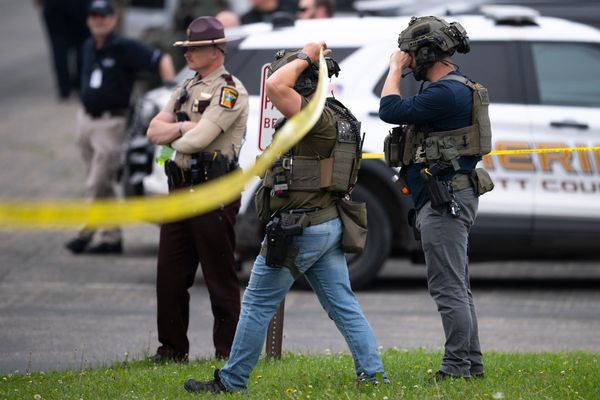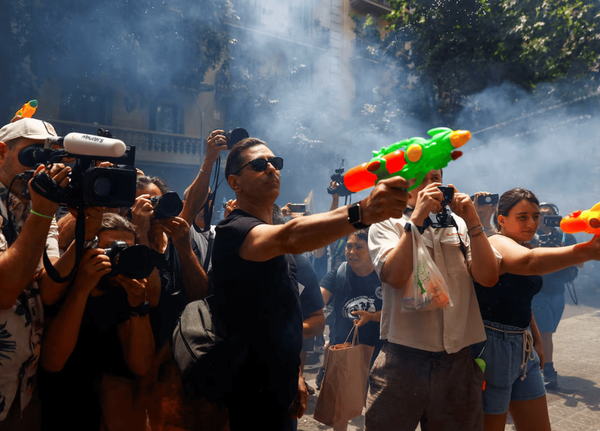
Senior politicians, lawyers and doctors have warned that a lack of regulation over the use of expert witnesses in English courts could be leading to miscarriages of justice. But what is an expert witness and who gets to be one?
What is an expert witness?
An expert witness is someone who has specialised knowledge in a particular field, and appears in court to provide an objective and impartial opinion to help those involved in a case, such as a judge or jury, understand a particular issue.
What is their role?
Expert witnesses can be useful to magistrates and juries in helping them to determine the issues in a criminal case, including whether a defendant is guilty or innocent.
They are used in many aspects of civil law, and different experts have been used to provide evidence on everything from medical issues and forensics to construction and engineering.
How are expert witnesses appointed?
A solicitor or legal team will choose an expert with the necessary qualifications and experience in their relevant field, and it is ultimately up to a court to decide whether they can appear as a witness.
However, there is no regulatory body that governs expert witnesses, and there are concerns that someone who wants to appear as a witness can “self-appoint” and declare themselves to be an expert in a particular area.
How do lawyers find expert witnesses?
Sometimes solicitors will contact someone directly who they believe may have expertise in a particular area.
There are also listing sites where experts can register and these private companies will connect lawyers to people in various fields, including forensics and medical specialists. Some agencies offer “urgent quotes within the hour”.
How much are expert witnesses paid?
Rates can vary hugely, with fees varying between the type of expert and the type of case. Some will be paid less than £100 an hour in legal aid cases, but fees for others will be much more.
Do legal teams have to share the opinions they get from experts?
In criminal prosecutions, the crown must provide defence teams with access to all material that is capable of undermining the prosecution case, including expert opinions. However, there is no requirement on the defence to do the same.
In civil litigation, there is also a legal obligation for parties to share any relevant documents or other information that could support or undermine their case.







